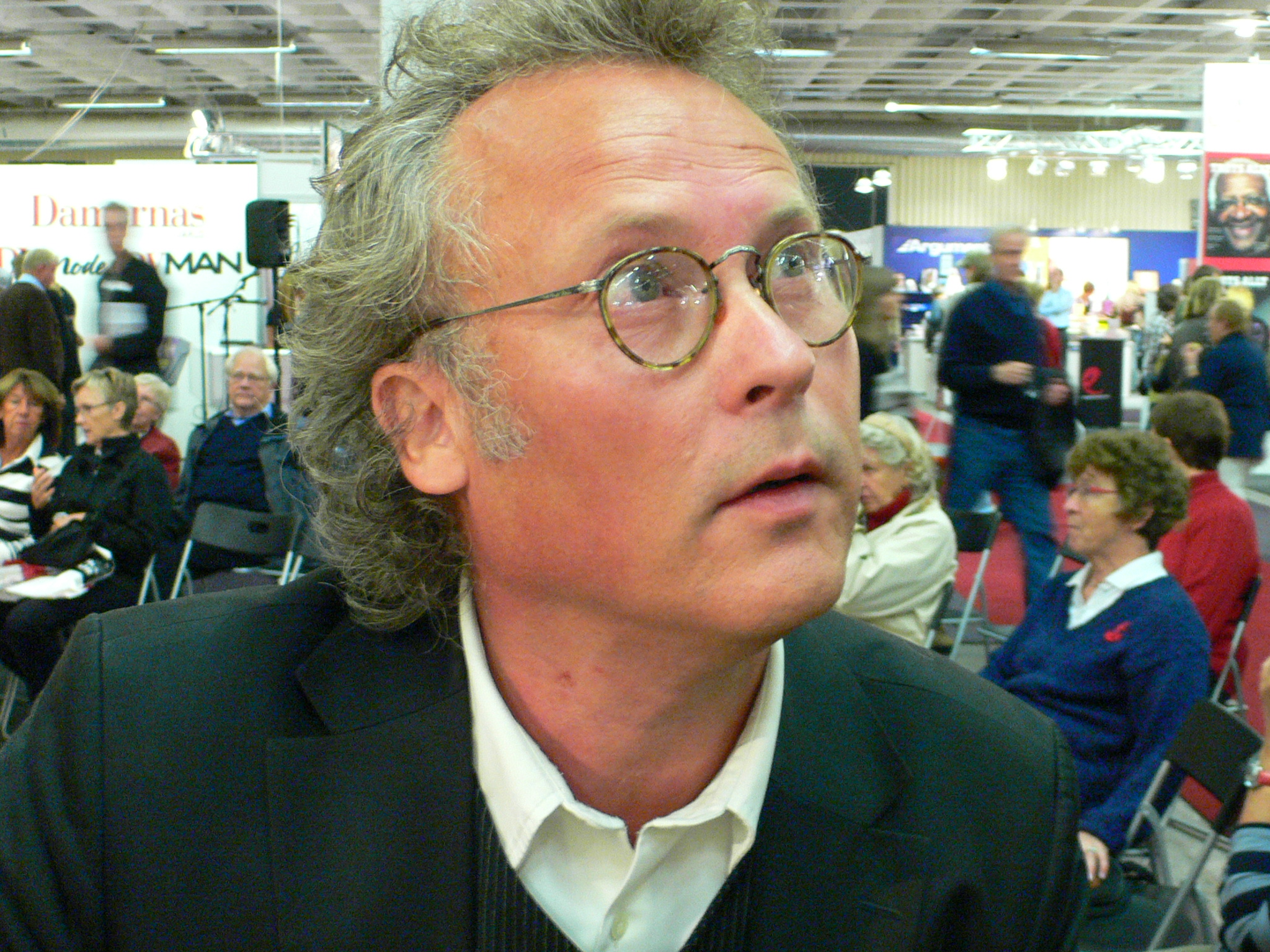Swedish News:
Pregnant smokers. Klas Östergren in the Swedish Academy. More move to rural areas.
-
 Klas Östergren has been elected into the Swedish Academy. He will sit on chair number 11. Photo: Hannibal
Klas Östergren has been elected into the Swedish Academy. He will sit on chair number 11. Photo: Hannibal -
-
Pregnant smokers
An average of 5 percent of pregnant Swedish women smoke when they’re in weeks 30-32, according to statistics from Statistics Sweden. Most of the pregnant smokers, 7.7 percent, are in Sörmland, followed by Gotland, and Västernorrland, while the women in Uppsala, Stockholm and Jämtland are best when it comes to saying no to cigarettes. ”We have many pregnant women who smoke, but I also experience that many of them use their pregnancies as an incentive and manage to quit,” says Camilla Rosenquist, head of the unit at the antenatal clinic in Landskrona. Statistics show that nearly one in three smoking women quit smoking during their pregnancy. -
 The trend now is for people to move from the bigger cities to the rural areas, not the other way around. Above: The beautiful area around Lake Sommen, on the border between Småland and Östergötland.
The trend now is for people to move from the bigger cities to the rural areas, not the other way around. Above: The beautiful area around Lake Sommen, on the border between Småland and Östergötland. -
-
Klas Östergren in the Swedish Academy
Author Klas Östergren has been elected to the Swedish Academy, taking over Ulf Linde’s number 11 seat. It’s been some time since a writer as much loved as Östergren was accepted into the prestigious society (which, by the way, is known for picking the Nobel Prize in Literature laureate every year). Ever since his 1980 breakthrough ”Gentlemen,” Östergren has been an author with a large and devoted readership. He has written about lost love and the lack of a sense of belonging, and his prose is flexible and elegant, according to Dagens Nyheter. When the academy’s permanent secretary Peter Englund called to offer the seat, Östergren didn’t immediately say yes. "It came as a complete surprise,” he says. "I felt somewhat nonplussed, wondering with what I can contribute. It’s also a question of geography. I live in Skåne, so I will have to get to the golden halls of the capital.” But in the end he accepted. "There are other members of the Academy who have lived in Skåne—Birgitta Trotzig for instance, and Torgny Lindgren lives in Småland—so it looks like it could work.” About his relationship to the deceased Ulf Linde, whom he succeeds, Östergren says: ”I did not know him but have greeted him on some occasions. He had the ability to instill great respect, he was a stern person. I’ve read his autobiography, which was fantastic. It will be interesting to look into his more difficult pieces.” Östergren has a wider popular support than many of the other members of the Academy. ”I’m autodidact,” he says. "And it’s probably too late to do anything about it. Sure, I have experiences and contacts from fields the rest of those in the Academy do not have. That can probably become useful.” Klas Östergren will make his formal entry into the Academy at the festive meeting on December 20 later this year. -
More move to rural areas
2013 marked the first year more Swedes moved from bigger cities to more rural areas, rather than the other way around. The reason the rural areas still experience a negative population trend is that fewer people are born there than those who die. This according to a review by Dagens Nyheter, backed by data from Statistics Sweden. "Many say that the rural areas are on the verge of extinction. But we haven’t had that many major declines in recent years,” says Anders Andersson, municipal director in Strömsund. In 2013, the sparsely populated municipalities in Sweden had a relocation surplus (the difference beteen moving in and moving away) that numbered 161. That can be compared to the relocation deficit numbering 114 in the previous year. And 15 years ago in 1998, the deficit was 1,028 moves. ”When we talk about urbanization, many imagine people moving from these rural areas to the bigger cities. But the reason that the big cities are growing in the first place is not that people from towns and villages move there, but that the big cities have a higher number of births and higher immigration,” says Emma Lundholm, lecturer in human geography at Umeå University. One reason more people move to the rural areas is that many people come there from other countries. Aside from a huge influx of refugees, it is, according to the municipalities, all about people moving here from Germany and the Netherlands. ”We call this lifestyle migration,” says Jan Cedervärn, head of the Agency for Growth Police Analysis. "It’s about those people who actively move to a rural area because they strive for a certain lifestyle. In many places, this has had a huge impact.” -
-
